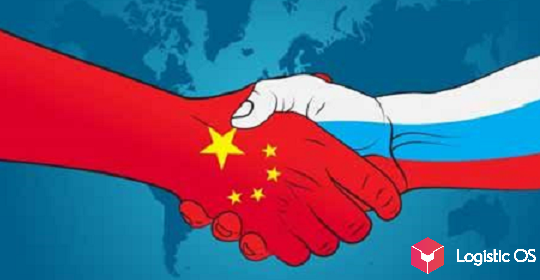According to analysts, to date they have reached their maximum in 60 years.
Food has never been more expensive since 1970.
This information was published by the Food and Agriculture Organization of the United Nations (FAO).
According to her, in August 2021, compared to the previous August, food prices increased by 33%.
Currently, the governments of most countries in the world are concerned about this problem and are looking for ways to solve it.
In some places, direct subsidies to retailers are used to reduce prices for the end consumer, including through an agreement with retail chains on maximum retail prices.
Until the spring of this year, this practice was in effect in Russia: prices for sugar and vegetable oil were fixed.
What are the reasons for the sharp rise in prices?
Vegetable oil, grain and meat became the drivers of price growth. They went up in price for several reasons at once:
Weather . In many countries, producers have faced severe drought this year, which has ruined much of the harvest.
Pandemic . The world economy is now in a recovery phase after it, but problems still arise — primarily related to logistics.
For example, China faced a shortage of shipping containers, and many supply chains were severed after the lockdown.
Labor shortages in several countries due to coronavirus restrictions.
Depleting the budgets of many countries for the same reason.
Inflation of most world currencies associated with the allocation of significant funds to overcome the consequences of the pandemic.
“The global food price rises are due to a bad agricultural year in many parts of the world, disruption to logistics and staffing problems associated with the COVID-19 pandemic. Also influenced by bird flu, which hit the agricultural sector in Europe hard, and African swine fever in China. We must not forget about the increased demand for food due to the long quarantine. Thus, many factors influenced the growth of global prices, ”says Andrey Danilenko, food market expert.
All this together caused a significant increase in food prices.
Particularly painful was the blow to developing countries, including Asian and African, in many of which food is the main item of expenditure for the population.
“Governments can step in for a while and commit to keeping consumer prices down. But they can’t do it indefinitely, ”said Cullen Hendrix, senior fellow at the Peterson Institute for International Economics in Washington.
It turns out that the rise in prices is a process, for the most part, irreversible, and targeted control measures are unlikely to help here.
It remains only to count on the fact that the world economy will grow as quickly as possible, and this to some extent neutralizes the consequences of rising food prices.

